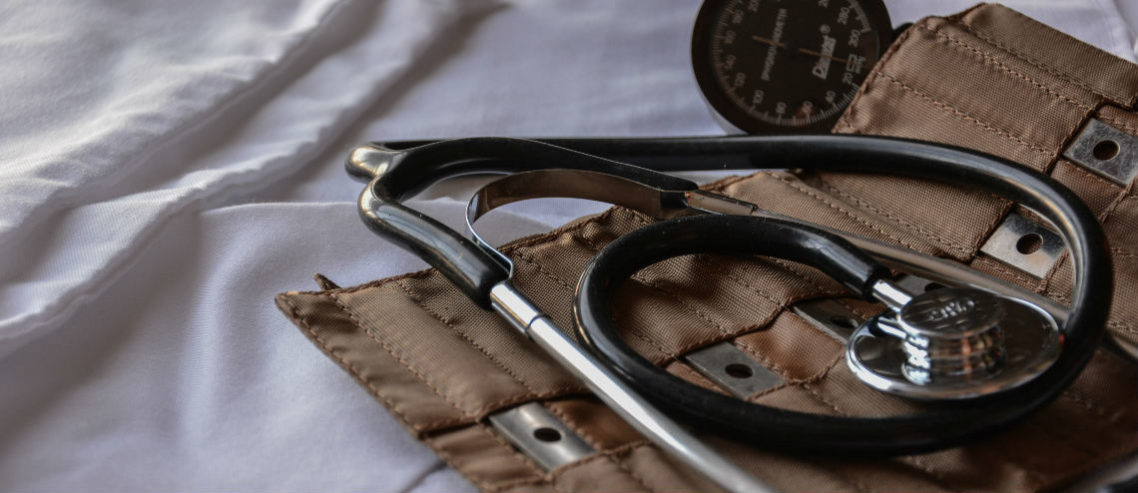Dual Pricing at Thai Public Hospitals and the Implications on Foreigners
Dual pricing has expanded its reach beyond national parks, museums, and amusement parks. In 2019, Thai public hospitals have been given the green light to charge foreign nationals higher fees for their services, due to newly implemented regulations.
These regulations go beyond simple dual pricing and introduce a more nuanced approach by categorizing patients into four tiers based on their visa status.
The treatment costs are now set at different levels for various groups: Thai nationals, foreigners from neighbouring countries, working foreigners holding non-immigrant visas, and lastly, tourists and retirees.
In this article by Pacific Prime Thailand, we will divulge the latest law governed by the Public Health Ministry and discuss the benefits of foreigners securing private medical insurance in Thailand.
3 Tier-Based Approach to Medical Charges in Thai Public Health Facilities
Thai hospitals under the Ministry of Public Health will now follow a streamlined pricing system for medical services.
This system operates on a simple and transparent three-tier approach. Hospital operators will be responsible for determining the tiers, which will then be submitted to the Ministry of Public Health for final approval.
This change ensures a prescribed limit on charges, making healthcare costs clearer and more predictable for all. These 3 tiers are explained below:
Tier 1 – Thais and Neighbouring Citizens
Under the new regulations, the first tier price structure is specific for Thai citizens and those from neighbouring countries, such as Laos, Cambodia, Vietnam, and Myanmar, will pay relatively the same for medical procedures.
Tier 2 – Expats
The second tier price structure is specifically designed for expatriates residing in Thailand, referring to foreigners who are living and working in the country while fulfilling their tax obligations and holding appropriate visas.
Tier 3 – Retirees and Tourists
The third tier of charges, which represents the highest fees, is specifically applicable to retirees and tourists. This tier embodies the pricing structure designed for individuals who have retired and those visiting the country for leisure purposes.
Dual Prices for Treatments
According to reports from local news sources, the tier 1 cost for a spinal MRI examination will cost 18,700 baht. This cost increases up to 23,375 baht for tier 2 expats, and even higher to 28,050 baht for retirees and tourists.
An HIV test in Thailand will cost 160 baht if the patient is Thai or an individual that falls within the tier 1 category. The cost of the test rises up to 240 baht for working expatriates and doubles up to 320 baht for retirees and tourists.
For many years, Thailand’s expat community have been more or less sensitive to the ways in which public healthcare institutions across Thailand have set their prices. However, the new law coming into effect will make this dual policy legal and official. The overall benefit is standardization and better regulations across the country’s public health system.
Strict Regulation and Compliance Applied Across the Public Health System
The law forces all public hospitals, clinics, and medical facilities that form the public health system to report to the permanent secretary at the Department of Public Health on their charges. The aim is to establish transparency and liability from health providers on the fees being charged and ensure they are in line across the country.
Additionally, the new law offers clarity and certainty to foreigners while still offering healthcare prices that are a fraction of those seen in more developed countries.
The Cost of Treatment is Still Cheaper When Ranked With Other Countries
In reality, Thailand is still perceived as a cheaper alternative for medical healthcare than its Western counterparts like the US and Switzerland, and also nearby Hong Kong and Singapore. However, as most foreigners and medical tourists that travel to Thailand will have experienced over the years, healthcare inflation has seen the costs of treatment and services rise.
Secure Private Health Insurance to Offset the Rising Healthcare Costs
At Pacific Prime Thailand, we understand fully the implications faced by foreigners that have to pay a higher price for healthcare treatments compared to Thai locals within a public health institution.
For foreigners, such as expatriates and their families that want to avoid the rising cost of treatment which is perceived as unfair for many, the best decision would be to secure comprehensive health insurance.
In many ways, securing private health insurance gives foreign individuals the certainty that they will receive care no matter what, where or when, but also that medical treatment will not place a financial burden on them.
Out-of-pocket costs can be substantially high as experienced by travellers and tourists that failed to secure health insurance during their visit and travels in Thailand in the past.
The benefits of securing private health insurance include:
- Little to no wait times,
- A selection of reputable private hospitals and doctors,
- Excellent medical facilities and state-of-the-art equipment,
- Access to a private hospital room,
- Efficient billing service,
- And many more.
Contact Pacific Prime
Our advisors provide impartial advice and can help you make comparisons between different plans. On top of our offerings as a broker, we can negotiate for the best health insurance plan on your behalf, specifically tailored to you and your family’s needs.
For further information, you are welcome to check out the latest from our blog page or refer to our health insurance plan page.
Also, our guides and reports may benefit you in the long run and help keep you informed on the trends like the State of Health Insurance in Thailand.
Contact us today!
- How to get a Thai driving/motorcycle license: Documents and tests - August 7, 2023
- Dual Pricing at Thai Public Hospitals and the Implications on Foreigners - June 22, 2023
- Tesla starts EV sale in Thailand - December 12, 2022





Comments
Comments for this post are closed.